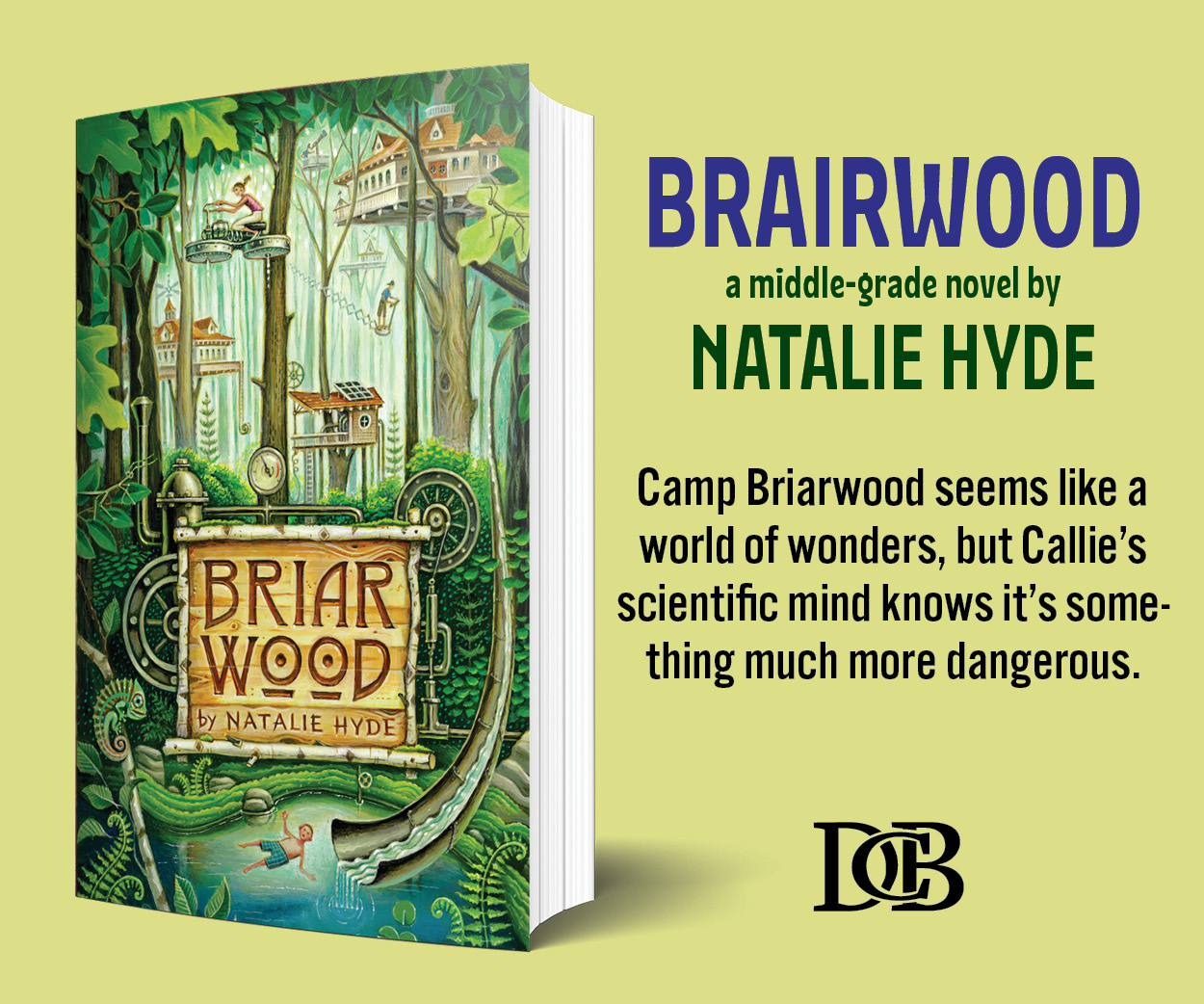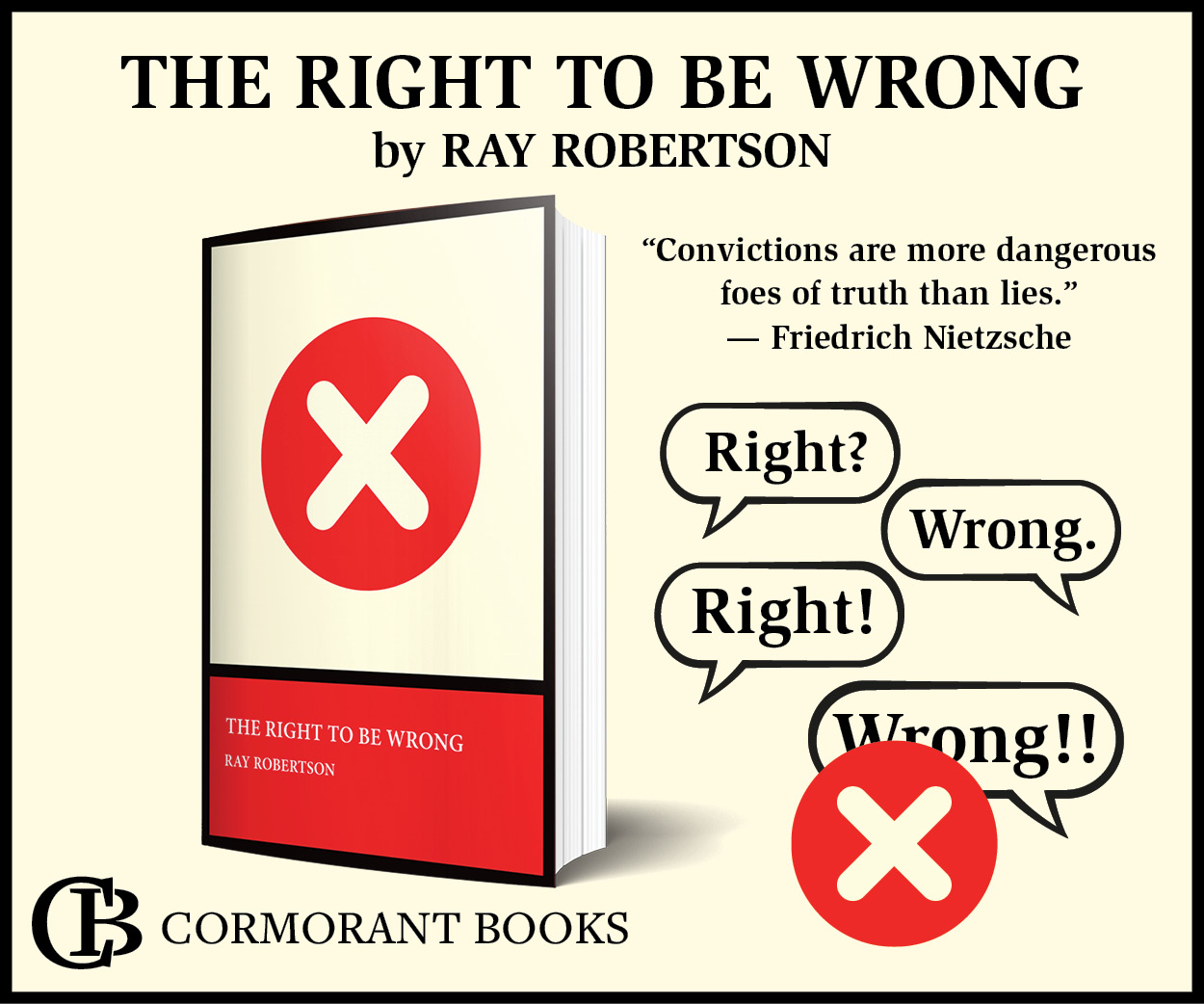On Silence in Poems
By Sandra Ridley
“To reveal all is to end the story. To conceal all is to fail to begin the story." Robert Kroetsch, The Lovely Treachery of Words.
Where is there silence within the poem? Where on the page? Emptiness? Absence? White space? Structure? What’s missing? What do you intend to be elusive? How does this balance within the context of the poem? How hard does the reader have to work? How hard do you want them to work? How does the reader negotiate certainty and possibility? How open is the poem? Will different readers take away different things from the poem? Do you want that? Is the poem compact and complete? Does the poem stand up on its own? Does it stand up in the context of a series? Is there purposeful omission? Have you pared away non-essential details? Can the reader fill in the obvious gaps by understanding the poem’s context and tone? Have you revised the poem by taking out what is not the poem? Has the poem found its own truth? Where do you take risk? Content or form? What do you commit to the poem? What is at stake? What would you write if you were to write anonymously? Where do you self-censor? Where can you go deeper? What are you afraid of saying? Where are you afraid to go?
The views expressed in the Writer-in-Residence blogs are those held by the authors and do not necessarily reflect the views of Open Book: Toronto.
Your CanLit News
Subscribe to Open Book’s newsletter to get local book events, literary content, writing tips, and more in your inbox
The views expressed in the Writer-in-Residence blogs are those held by the authors and do not necessarily reflect the views of Open Book.
Sandra Ridley’s first full-length collection of poetry, Fallout, won the 2010 Saskatchewan Book Award for publishing, the Alfred G. Bailey prize, and was a finalist for the Ottawa Book Award. Her second book, Post-Apothecary, was short-listed for the 2012 ReLit and Archibald Lampman Awards. Also in 2012, Ridley won the international festival Of Authors’ Battle of the Bards and was featured in The University of Toronto’s Influency Salon. Twice a finalist for the Robert Kroetsch Award for innovative poetry, Ridley is the author of two chapbooks: Rest Cure, and Lift, for which she was co-recipient of the bpNichol Chapbook Award. Her latest book is The Counting House (BookThug 2013). She lives in Ottawa.


